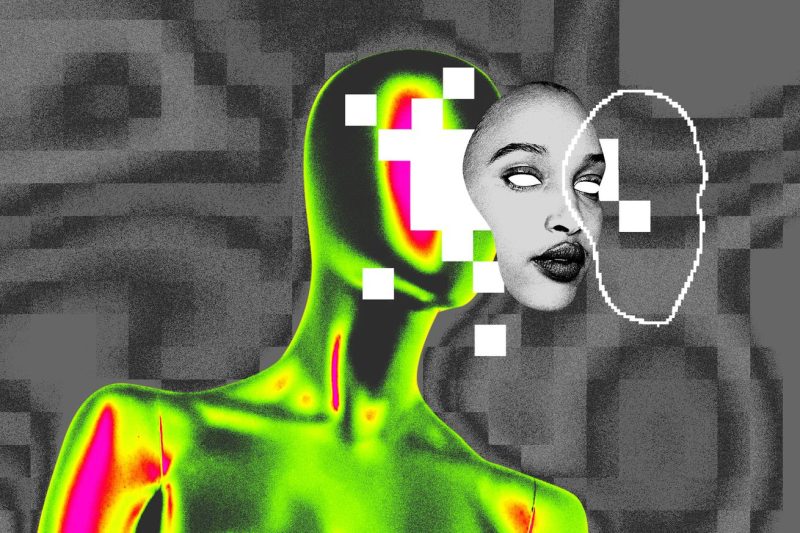In recent years, the rise of AI-powered undressing websites has sparked controversy and legal actions, with several sites facing lawsuits for their unethical practices. The use of artificial intelligence technology to create realistic simulations of undressing individuals without their consent has raised serious concerns about privacy, consent, and digital ethics.
Many of these websites claim to offer virtual fitting room services, allowing users to see how clothing looks on a virtual model before making a purchase. However, behind the scenes, these platforms are often using AI algorithms to create nude or semi-nude images by removing the clothing from pictures of real individuals without their knowledge or consent.
One of the key issues with these AI-powered undressing websites is the violation of privacy rights. By using images of individuals without their consent and manipulating them to create nude or semi-nude simulations, these platforms infringe on the personal privacy and dignity of the people whose images are being exploited. This not only undermines individuals’ autonomy over their own bodies but also perpetuates a culture of objectification and exploitation.
Furthermore, the lack of consent in these practices raises significant ethical questions about the boundaries of technology and digital content creation. While AI technology has the potential to revolutionize various industries, including fashion and retail, its misuse in creating non-consensual undressing simulations crosses a dangerous line that prioritizes profit over respect for individuals’ rights and dignity.
In response to the growing concerns over AI-powered undressing websites, legal actions have been taken against some of these platforms. Lawsuits alleging invasion of privacy, copyright infringement, and other violations have been filed by individuals whose images were used without permission. These legal actions send a clear message that such unethical practices will not be tolerated and that individuals have the right to protect their privacy and dignity in the digital age.
In conclusion, the emergence of AI-powered undressing websites highlights the urgent need for stricter regulations and ethical guidelines in the use of artificial intelligence technology. Respect for individuals’ privacy, consent, and dignity should be paramount in the development and implementation of AI-powered tools and services. Only by upholding these values can we ensure a safe and equitable digital environment for all.
